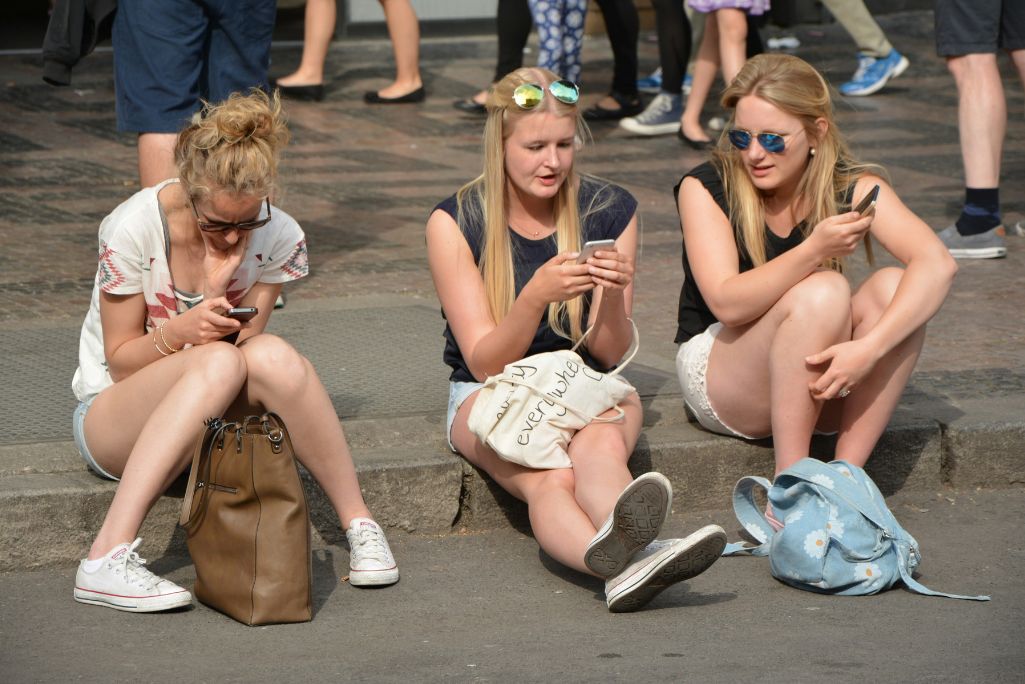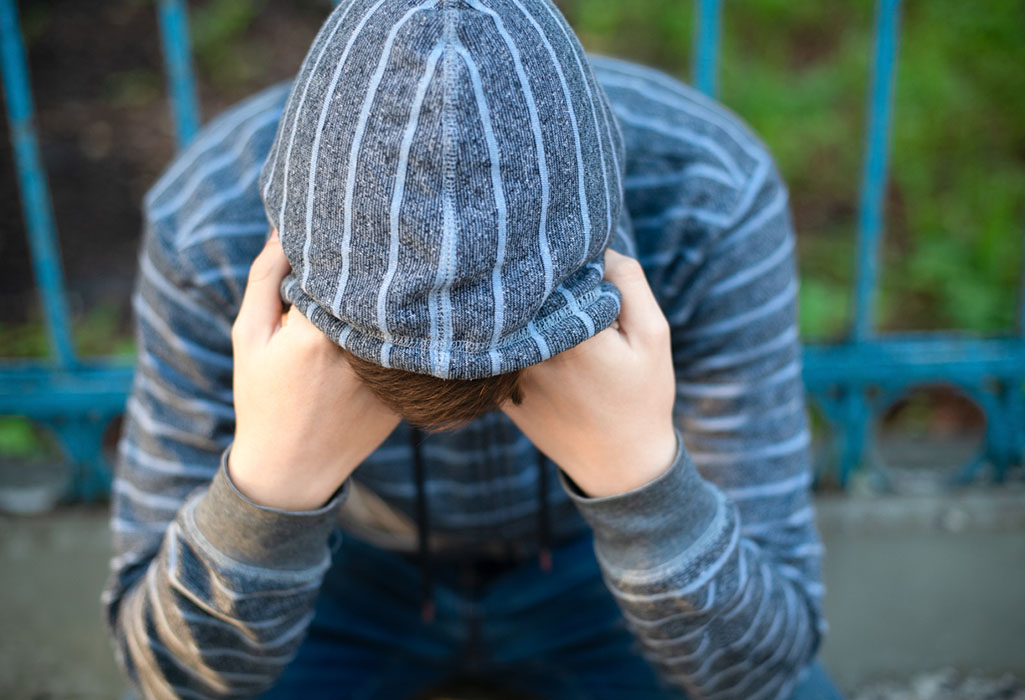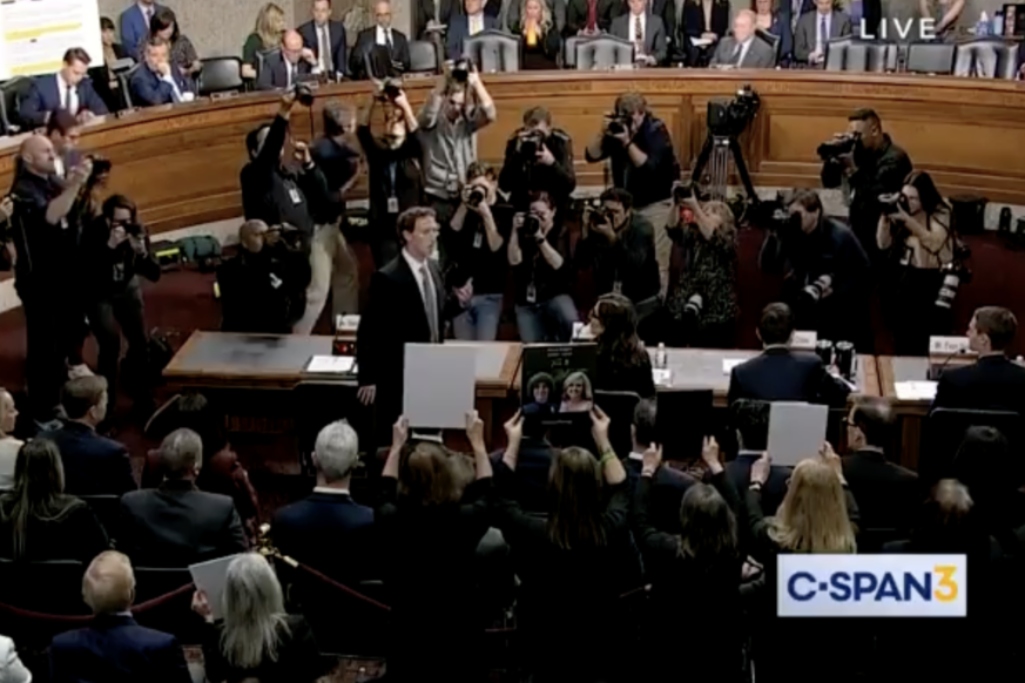
NASHVILLE (BP) — Although a recent Pew Research study says more teens are becoming aware of the negative effects of social media, that doesn’t mean they’re ready for anything resembling a large-scale break from it.
Released last week, the study says nearly half (48%) of teens say social media sites have a mostly negative effect on peers, an increase from 32% who said so in 2022. The increase could be linked to a focus on mental health among teens, who have turned to platforms like TikTok for information on the subject.
The 16-point swing in such a short time toward seeing social media as a negative influence on mental health may lead to the conclusion that teens are on the cusp of a movement away from it. However, the same study also revealed that only 14% of teens felt social media affected them personally in a negative way.
In other words, it’s everyone else’s problem.
That points to social media’s cultural hold not just on teens, but on society in general, said Chris Martin.
Martin, director of content for Moody Global Media and author of “The Wolf in Their Pockets: 13 Ways the Social Internet Threatens the People You Lead,” wonders about the correlation between social media sentiment and its use.
“I have found what teenagers say about their social media usage and their actual practices to be at odds,” he said.
In other words, that doesn’t mean teens are using it less.
“People engage in habits and substances they think are bad for them because they are afraid of what may happen if they stop,” said Martin.
Social media has become much more than staying in touch with friends, said Zak Workun, a Lifeway Student Ministry training specialist based in Tulsa, Okla. It is where they get education as well as entertainment.
“It’s not going away,” Workun said. “Teens may not be aspiring to be the influencers we thought they would, but TikTok and YouTube have become their key media platforms for learning about the world.”
Teens’ mixed feelings about the negative effects of social media may be the reason flip phones have seen a resurgence, “but they’re probably not going to quit it,” Workun said.
While more teens are acknowledging how social media can negatively affect one’s mental health, Workun pointed out another factor observed more often by student ministry leaders.
“They’re distracted,” he said. “Even if, in the room, so many of them aren’t present. Adults can also be guilty of that, of course. We’ll try to be in multiple places at once and on our phones to answer an email or text.”
Many youth ministries create “phone-free zones” to keep kids’ attention in the room.
A significant number of teens said social media hurt the amount of sleep they get (45%) and their productivity (40%). However, they also said social media helped rather than harmed friendships, 30% to 7%. Most (43%) described such platforms’ effect in neutral terms.
And while 44% of teens said they have cut back on their social media and smartphone use — an increase from 39% for social media and 36% for phone use in 2023 — more than half (55%) say they have not cut back on either.
(EDITOR’S NOTE — Scott Barkley is chief national correspondent for Baptist Press.)


